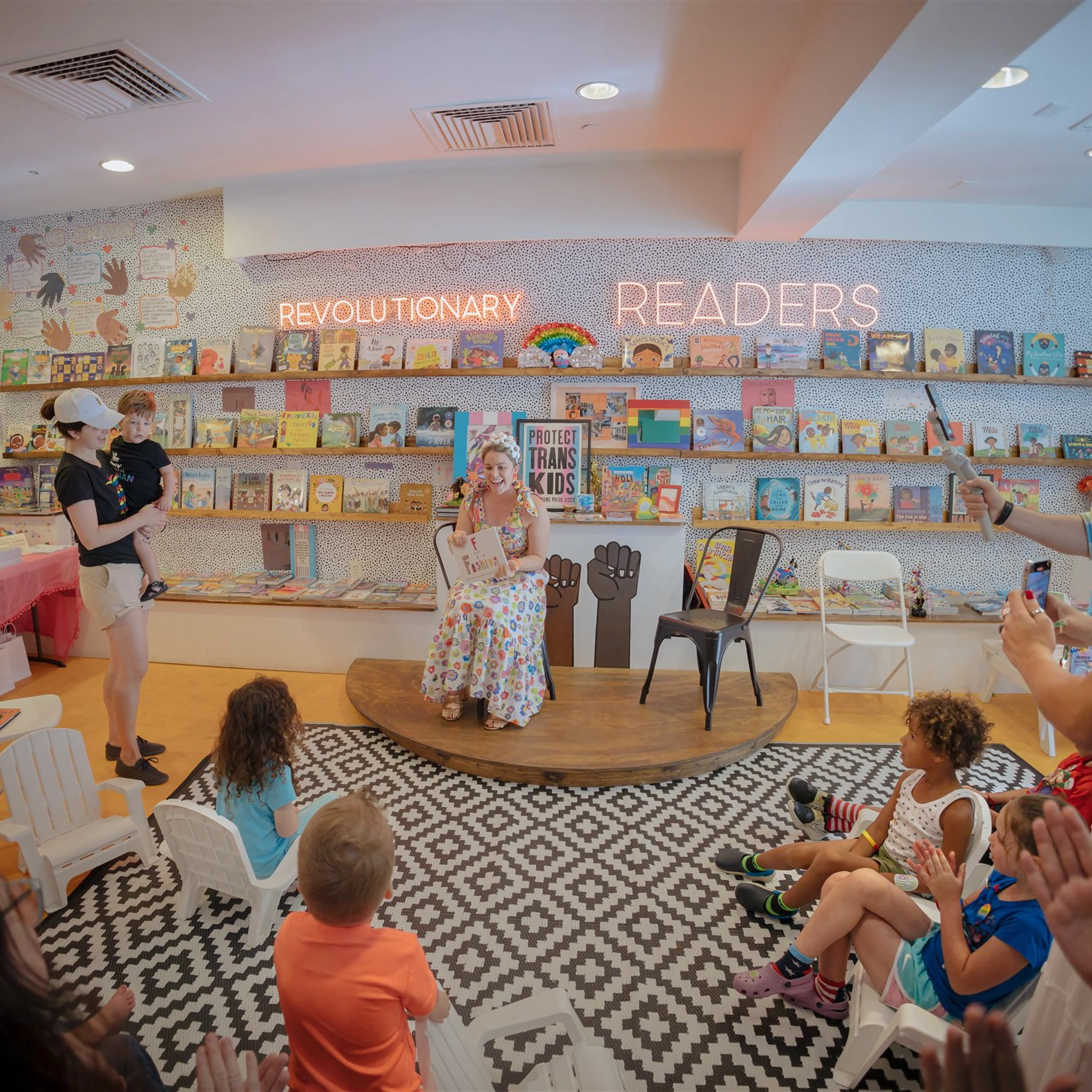Suite Cuba Love, a Personal Essay
The theme song for this Miamian’s life has a surprising twist, and so does her journey
In 1969, ten years after the first wave of Cuban refugees started hitting Florida’s shores, Crosby, Stills & Nash released a single called “Suite: Judy Blue Eyes.” Stephen Stills, who wrote the song, said it was originally a poem about the singer-songwriter Judy Collins, known for her folksy vocals, social activism and piercing pool-blue eyes. Stills and Collins dated for a while, and, from the lyrics, we can only imagine that their love affair was a complicated one.

I get it.
I get it because, for me, that song has always been about Cuba and the complex way its exiles love it. Cuba is actually in the lyrics. Not very many people know it’s there because the verse takes about seven minutes to get to, but because I’m a Cuban-American from Miami and the daughter of two Cuban émigrés, those lyrics resonate the most.
For me, the last four stanzas that Stills sings in Spanish, after waxing poetic about Judy for a good, long while—they are the song.
Imperfect Spanish is used intentionally because Stills wanted the song to be cryptic, leading to multiple interpretations. Stills might mean something along the lines of: “How nice it would be to take you to Cuba/The queen of the Caribbean Sea/I only want to visit you there/And how sad that I can’t, I can’t go! Gooo!”
What I hear, though, is: “How beautiful, Cuba, the queen of the Caribbean Sea, how sad that I can’t return to you.”
My translation is not about taking a woman to Cuba; it’s about Cuba herself being unattainable, which is something I heard growing up. Cuba was the place my parents and other Cuban exiles escaped, the place they would not return to until Fidel Castro died, the place the United States embargoed, the place they missed so much, the place that broke their hearts. Could Stills have known all of this and, for this reason, placed that lyric there, intentionally paralleling an exile’s love for Cuba with Stills’s own love for Judy?
It’s not as crazy as it sounds. For a long time, I thought the verse might have had something to do with CSN’s percussionist, Joe Lala, who passed away in 2014. Lala spoke Spanish and was a Tampa boy. He was born in Ybor City, home of one of the best known Cuban-American enclaves in the country. Though Lala was Sicilian, he spoke both Italian and Spanish fluently. It’s easy to imagine that the nostalgia of the Cubans he was raised around made its way into his music and, by creative osmosis, into “Suite: Judy Blue Eyes.”
One problem with my theory about Lala is that Stills and Lala might not have met until after the song was produced. So the mysterious verse might all have come from Stills himself, who spent a lot of time as a kid in Gainesville and Tampa. He even played at the Palatka prom and attended the University of Florida, which he dropped out of to become a rock star.
The open question doesn’t bother me, though. In fact, all of these questions enrich the song for me, bringing it even closer to home, which, I think, was Stills’s intention.
I first heard “Suite: Judy Blue Eyes” in the late ’80s, sitting in the passenger seat of my dad’s Bronco, riding around Little Havana. I was just under 10 years old. My dad, with his Jerry Garcia salt-and-pepper hair, jammed so hard in that car that his mop always seemed to be dancing as we drove. Dad’s Bronco was the place where I was introduced to all the classics I still love. Otis Redding, Janis Joplin, Celia Cruz, Benny Moré, and, of course, CSN. They all merged in that truck, bringing Cuba and the United States into a choral conversation. It was music that allowed my dad to bridge his Cuban past to his American present.
When Peter Frampton played on the stereo, Dad told me to listen to the guitar, because Frampton “made it talk.” I can still hear my father’s voice now: Listen. Listen to what the guitar is saying. When Celia Cruz would sing, he’d sing along, too, even when she spoke at the end of her albums and said, with a thick accent: “My English is not very good looking.”
All of this is probably why it seemed totally normal to me when Stills brought Spanish into the mix at the end of the song. What I heard was my Cuban-American father’s presence in Stills’s voice, calling for the island, pining for what he could not dare to touch but could only try to remember.
The children of exiles learn quickly: Love is hard, both in music and in real life. I always felt that my father couldn’t quite grasp love, that it was a very slippery fish for him. He was a big man of even bigger passions, who ate too much, probably drank too much, laughed a lot, cried a little, and died young. “Suite: Judy Blue Eyes” was the musical embodiment of my father: always longing, always stuck, trying to mash the stanzas of his life together but forever finding his final verse in Cuba.
Early in my life, I was just like my father, at least when it came to love. My first husband was someone I had great affection for, but he wanted me to choose between him and my writing career, or, as he called it, my “art.” It took me ten years to finally leave the relationship. I stayed so long because I was used to love being difficult. It was the lens I inherited from my father, the same one I saw CSN through.
Thankfully, that lens has changed over time. Or maybe it just developed with exposure to life. In any case, I no longer think love has to be so hard.
I’ve been to Cuba twice—without my dad—and though loving Cuba is still not easy, it’s at least possible to touch, with both feet on the ground. I don’t think it’s a coincidence that, as Cuba and the United States begin their journey toward reconciliation after almost six decades, I, too, have learned to love more calmly. I’m getting married in December, and the wedding bells this time are crisp and clear. I am his, he is mine. We are what we are. It’s a lot easier.
Though my fiancé is not Cuban, early in our relationship I played “Suite: Judy Blue Eyes” for him and explained to him what I heard in the song. Like many people, he’d noticed the Spanish verse at the end, but never knew what to make of it, until I decoded it for him. He loved my interpretation, and he understood me better after hearing it.
That’s the thing about good music: it teaches you through time. “Suite: Judy Blue Eyes” may not always be as sweet as it is smart, but that’s because it’s not just a song; it’s a suite. By definition, a suite, in music, brings together separate pieces and unifies them into a single song. Suites, in other words, take time to unravel and put back together.





